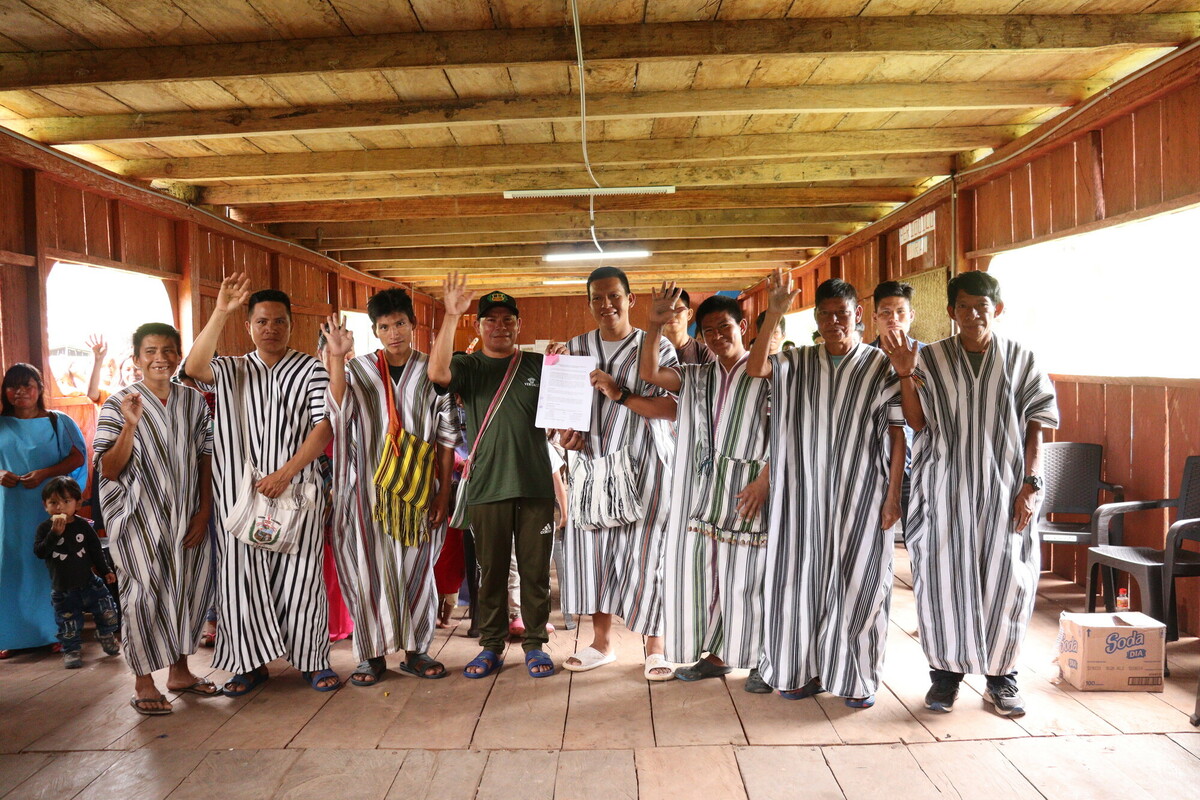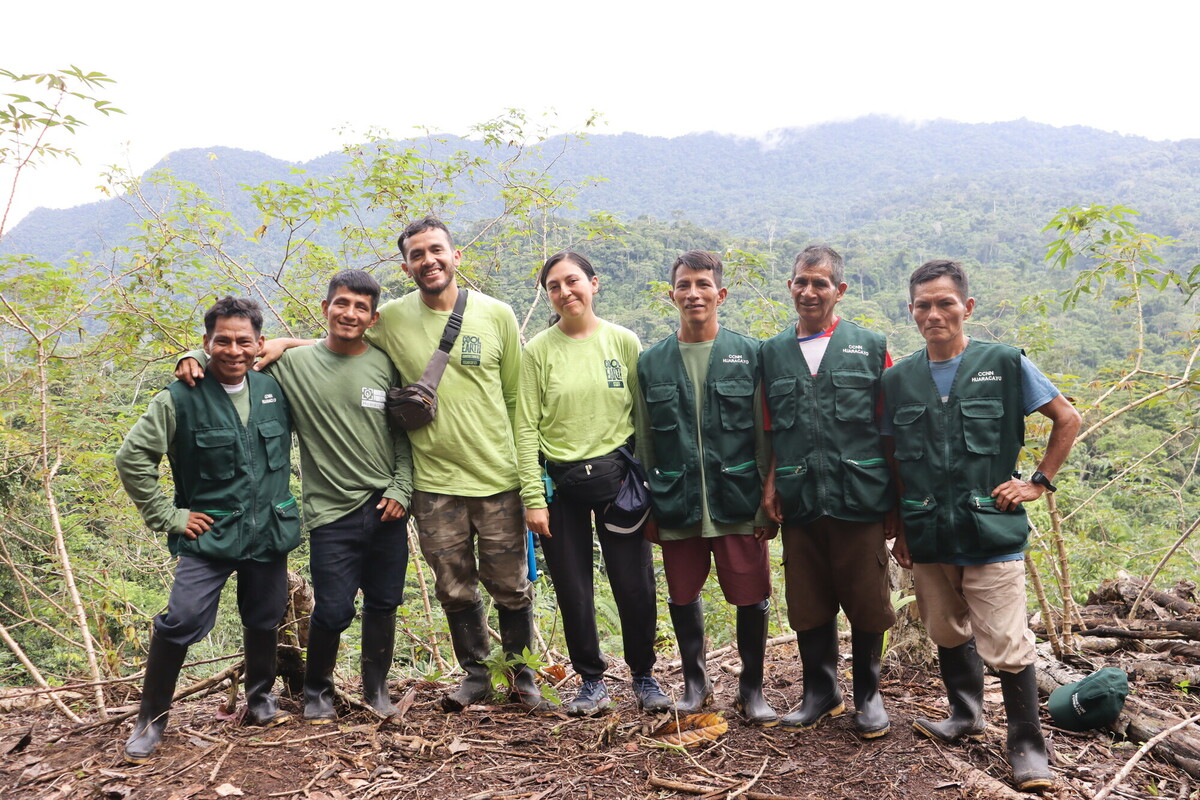
Three powerful numbers that prove Indigenous leadership is key
Indigenous leadership, guided by a deep ancestral connection to nature, has proven to be key in protecting vital ecosystems. Despite representing only 6.2% of the global population, Indigenous peoples manage approximately a quarter of the planet’s land, where 92% of these vast territories remain healthy.
However, today they face unprecedented threats that endanger not only their way of life but also the planet’s climate balance. Below, we explore three figures that highlight the importance of continuing to support Indigenous leadership in protecting rainforests:
39% of intact ecosystems
Indigenous territories encompass 39% of the world’s intact ecosystems. Preserving these areas by incorporating Indigenous knowledge and cultural practices is crucial for safeguarding vital biodiversity hotspots. These lands also play a key role in climate change mitigation, serving as essential carbon sinks that help regulate the global climate.
Indigenous peoples lands cover 1/3 of the world’s intact forests
Indigenous peoples territories manage about a quarter of the Earth’s land, which contains 37% of remaining natural lands and one third of intact forest landscapes (Fa et al., 2020; Sze et al., 2024). This also means that biodiversity loss is less severe on Indigenous territories.
Indigenous peoples’ traditional practices have played a key role in preserving much of the world’s biodiversity, helping to maintain the health of rainforests. Traditionally, their lands are less likely to be exploited for large-scale farming or deforestation.
60% of Indigenous territories are under threat
However, these invaluable spaces are very much under threat. Industrial development and illegal economies threaten 60% of Indigenous territories – that’s equivalent to an area seven times the size of India. Deforestation, exploitation, and pollution fuelled by economic interests threaten the survival of millions of people and disrupt the planet’s delicate climate balance.


The forest monitoring and Cool Earth teams out on patrol.
Indigenous leadership and knowledge is vital
Respect for rainforests not only ensures the survival of the species that inhabit them but also has a direct impact on the fight against climate crisis. Forests act as carbon sinks, absorbing carbon dioxide from the atmosphere and helping to regulate the global climate.
However, protecting rainforests and combating climate change require a shift. We must recognise the value of traditional knowledge and strengthen the rights of Indigenous peoples.
Indigenous peoples have spent thousands of years establishing a balanced relationship with the rainforest. A relationship where resources are used sustainably because the health of the rainforest is connected to the health of the communities that live alongside the forest.
What can we do?
- Support Indigenous initiatives: Promote and fund projects led by Indigenous peoples for forest conservation.
- Defend territorial rights: Advocate for the recognition and protection of the territorial rights of Indigenous peoples.
- Consume responsibly: Choose products that respect human rights and the environment.
- Raise awareness: Spread information about the importance of Indigenous leadership and the climate crisis.
